Have you ever wondered why we do things the way we do, or why other people behave differently? Human and societal behaviour can be endlessly fascinating because we still don’t fully understand how the human brains work. Luckily, there are now many popular titles that explain the latest scientific findings. Enjoy these engaging (and useful!) books, that discuss a mix of psychology, sociology, neuroscience, and even offer some self-help tips.
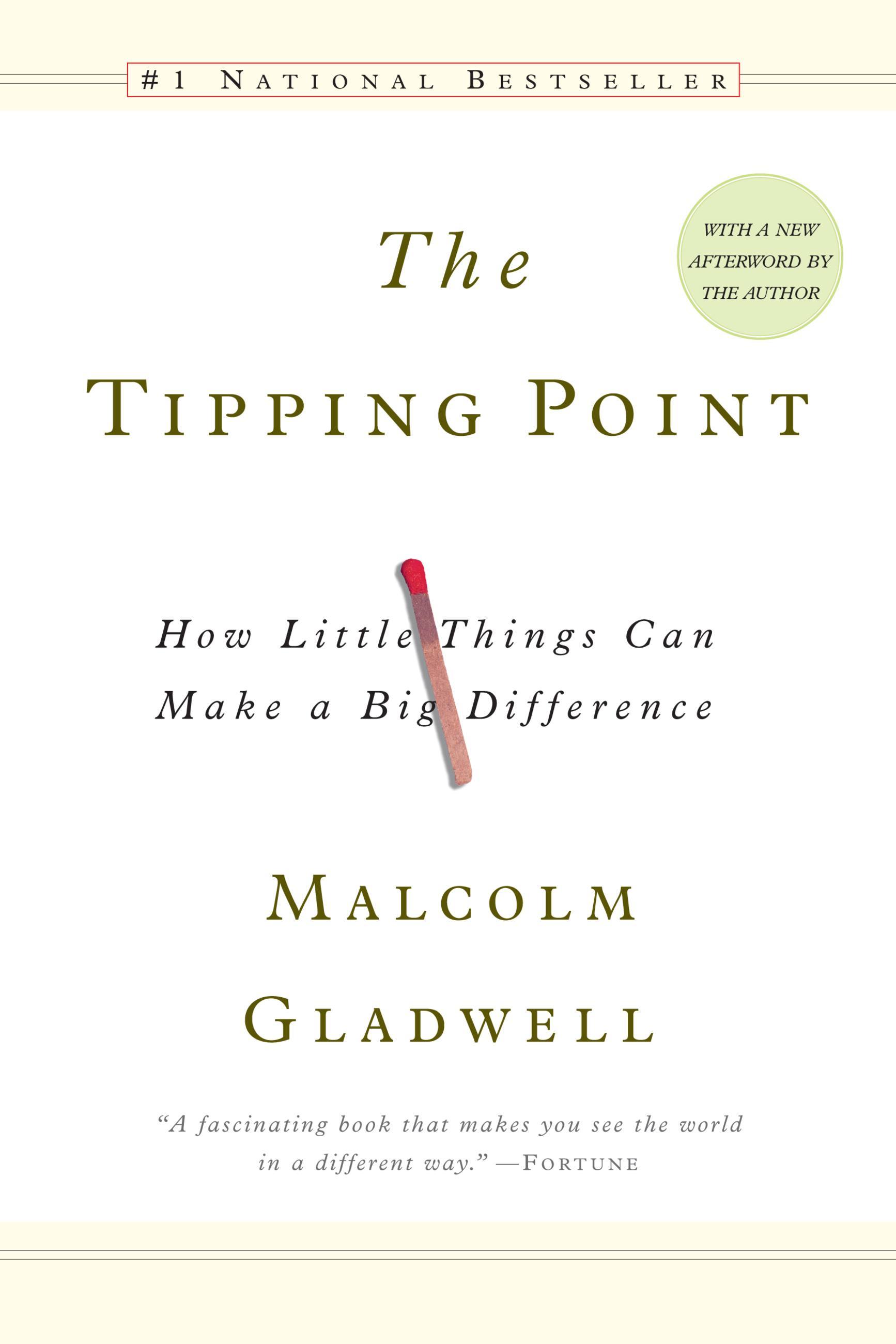 The Tipping Point: How Little Things can Make a Big Difference by Malcolm Gladwell
The Tipping Point: How Little Things can Make a Big Difference by Malcolm Gladwell
The Tipping Point is about social epidemics – previously little-known items or actions that suddenly attract enormous, inexplicable attention. Malcolm Gladwell suggests how even small events can develop into an epidemic if they reach a “tipping point” – a threshold for exponential propagation, a moment when everything can change at once. The Tipping Point presents engaging explanations of the sociology and psychology behind social epidemics and tipping points, illustrated by examples including Sesame Street, “Six Degrees of Kevin Bacon” game, and the fall in New York City’s crime rate. Although The Tipping Point was first published in 2000, the use of virus and epidemic analogies make this book even more relevant now, in our social-media-dominated, hyper-connected society.
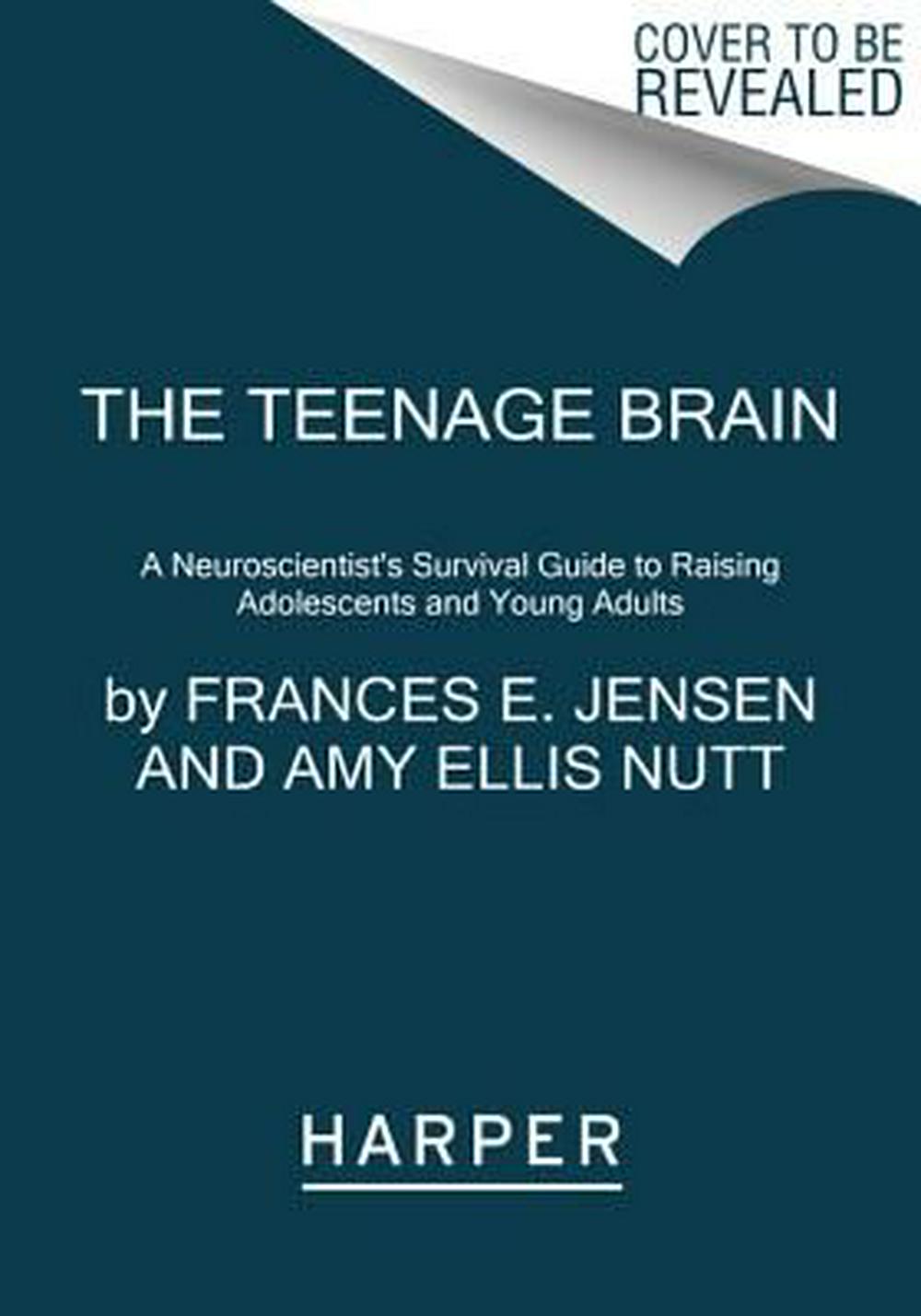 The Teenage Brain: a Neuroscientist’s Survival Guide to Raising Adolescents and Young Adults by Frances E. Jensen and Amy Ellis Nutt
The Teenage Brain: a Neuroscientist’s Survival Guide to Raising Adolescents and Young Adults by Frances E. Jensen and Amy Ellis Nutt
Teenagers: they might look like adults, but they sure don’t behave like them. Recent research points to neurological reasons – the teenage brain is not fully developed, and not the “adult brain with less miles on it” that it was previously assumed to be. The last areas to become fully developed are those that control judgment, decision making, and empathy – explaining why teens seem such impulsive risk-takers. Neurologist Frances E. Jensen and science writer Amy Ellis Nutt bring both scientific expertise and parenting experience to The Teenage Brain, a book that translates an understanding of brain development into parenting strategies. This very readable book is worth including in everyone’s parenting toolkit.
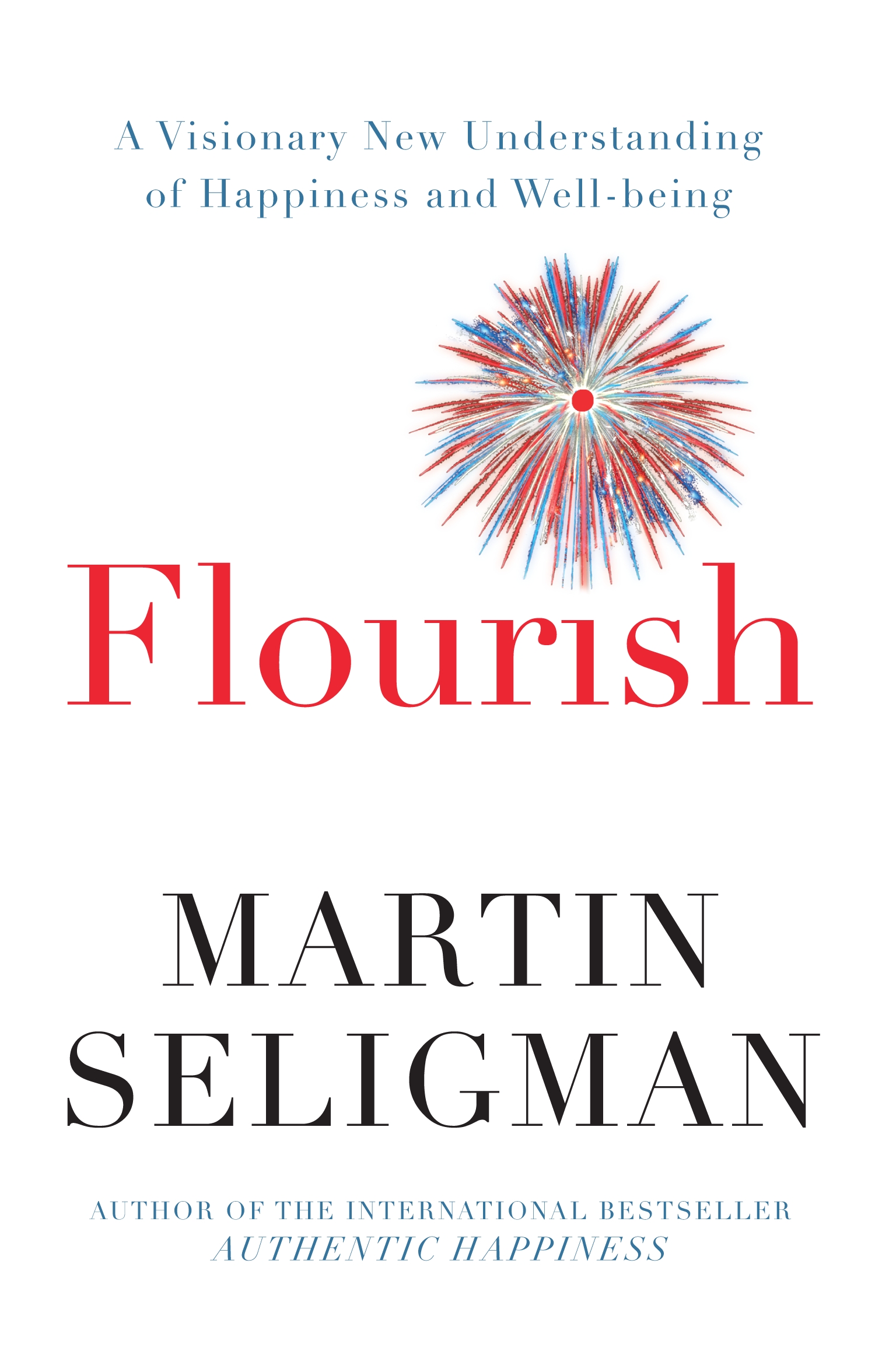 Flourish: a Visionary New Understanding of Happiness and Well-being by Martin Seligman
Flourish: a Visionary New Understanding of Happiness and Well-being by Martin Seligman
Martin Seligman is a psychologist and educator who is both respected by fellow researchers and popular with readers. He is a pioneer of positive psychology, which focusses on improving mental health and thus preventing mental illness. His work on resilience and happiness – including the bestselling Authentic Happiness – continues to spearhead societal interest in wellbeing. In Flourish, his latest book, Martin Seligman zooms out from a focus on happiness, to look at the broader concept of wellbeing. His extensive research points to five key elements to wellbeing – positive emotion, engagement, relationships, meaning and achievement – that allow both individuals and societies to flourish.
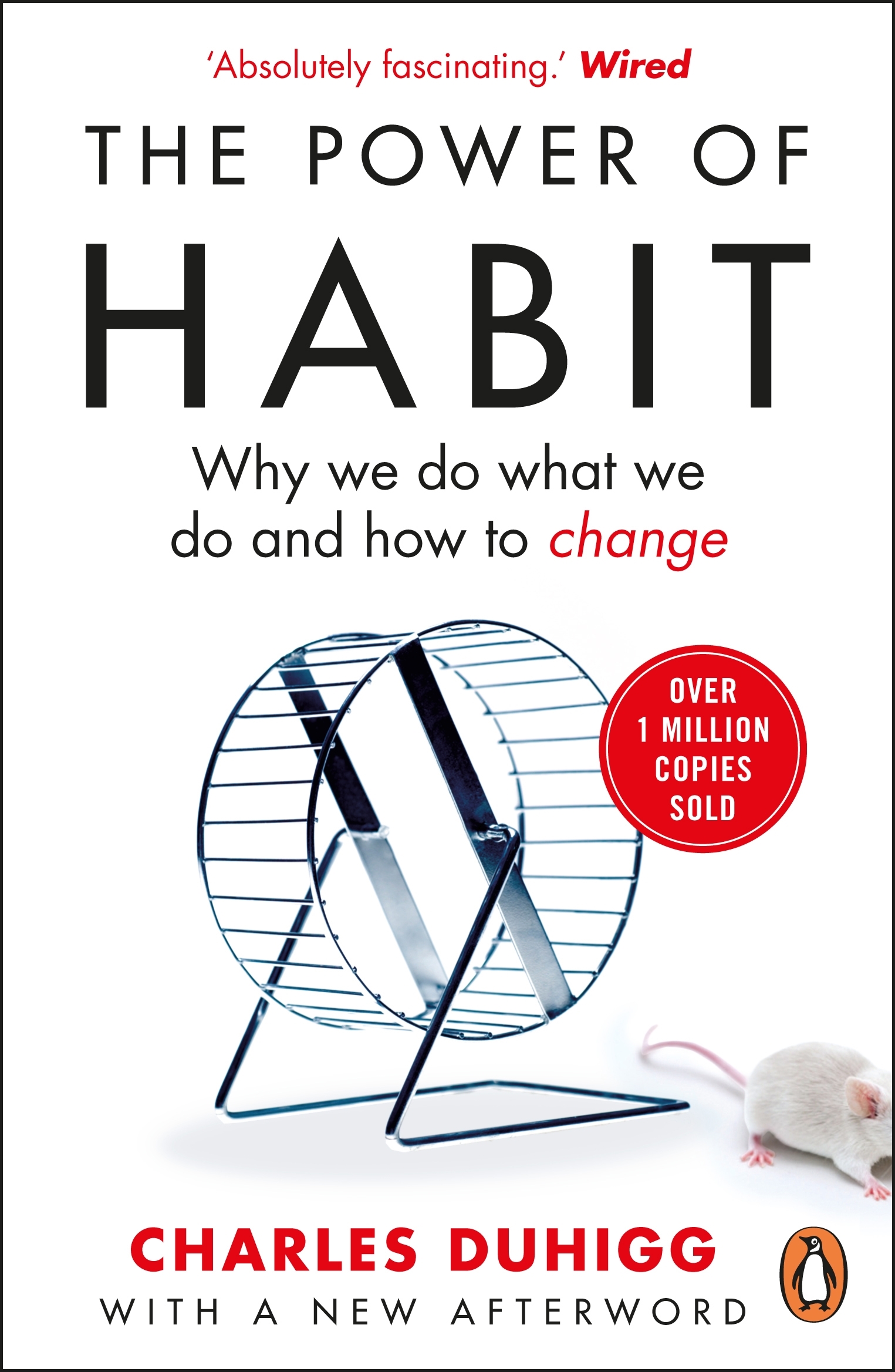 The Power of Habit: Why We Do What We Do, and How to Change by Charles Duhigg
The Power of Habit: Why We Do What We Do, and How to Change by Charles Duhigg
Booko featured The Power of Habit earlier this year, in our blog entry on developing great habits. However, The Power of Habit is not only a self-help book, it is also an engaging example of popular science, and of business literature. The Power of Habit explains how and why habits occur, based on research in psychology and neuroscience, and illustrated by a collection of interesting and often surprising case histories. Award-winning journalist Charles Duhigg also explains how understanding habit formation can help both people and companies to change and improve unwanted behaviours, unlocking many potential benefits.
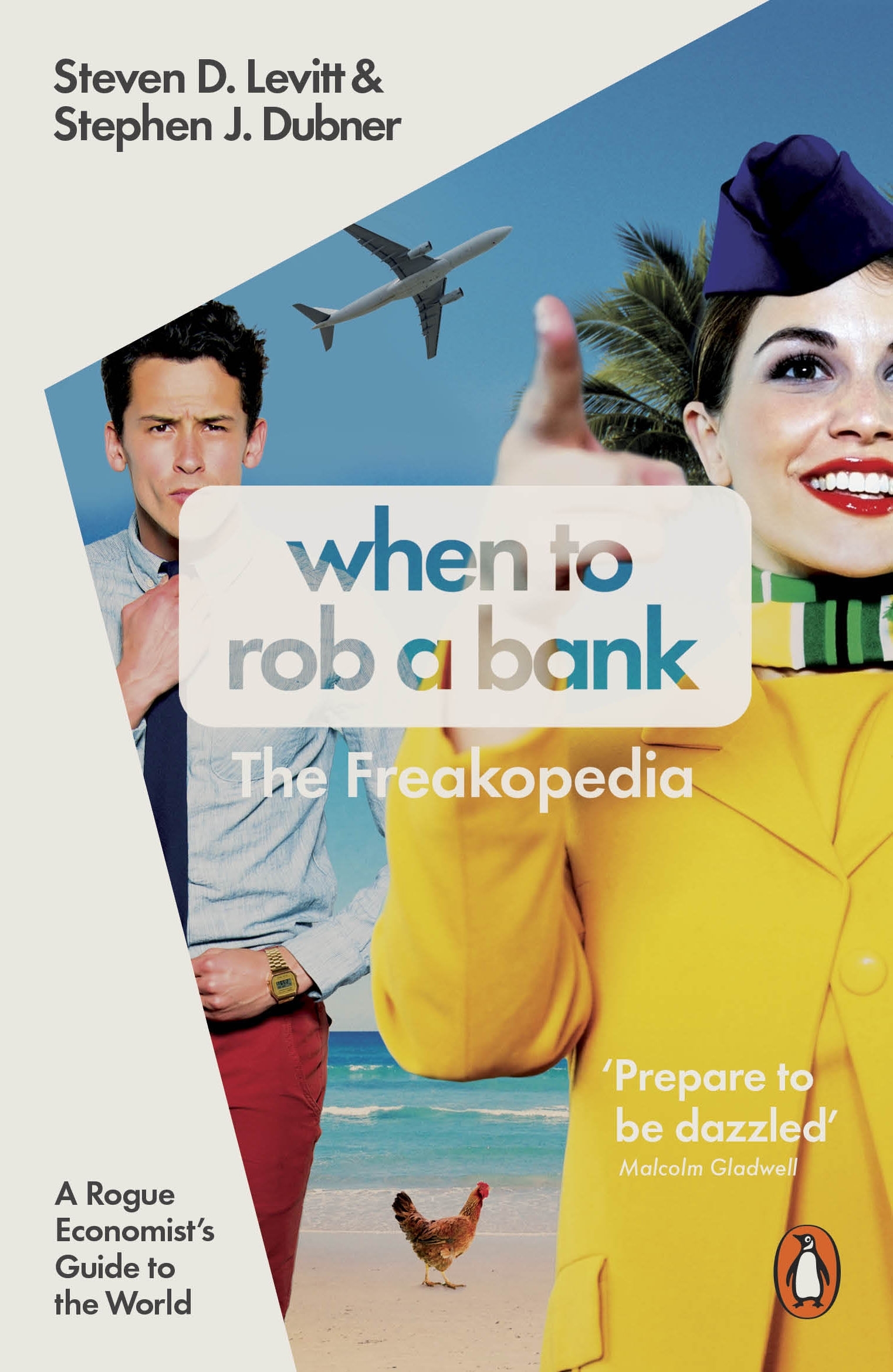 When to Rob a Bank: the Freakopedia by Steven D. Levitt and Stephen J. Dubner
When to Rob a Bank: the Freakopedia by Steven D. Levitt and Stephen J. Dubner
Kudos to Steven D. Levitt and Stephen J. Dubner, who have turned economics – a topic that may seem dry, the domain of politicians and bankers – into something witty and compulsively readable. When to Rob a Bank is a “best-of” collection from the Freakonomics blog, published to mark the 10th anniversary of the original book. You will find economic analyses on diverse and quirky topics such as what people lie about, reintroducing conscription, and when to rob a bank (short answer: never, the ROI is terrible). The pieces are shorter than the essays in the earlier books, so When to Rob a Bank makes a great introduction to the world of Freakonomics (if you are not already a fan).